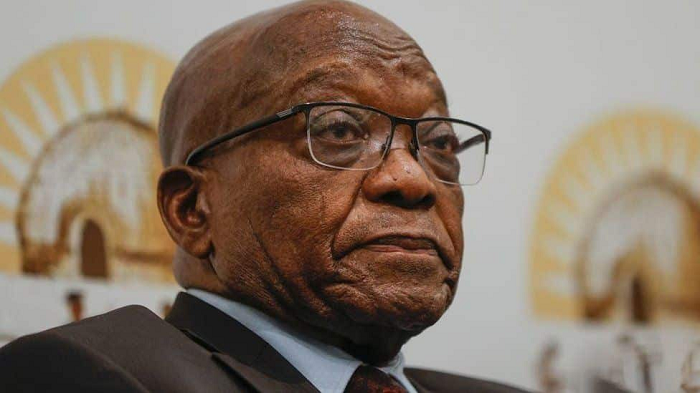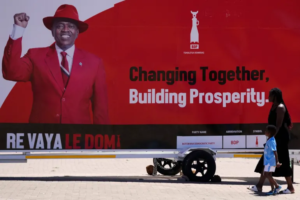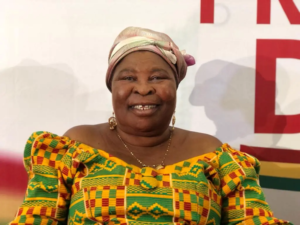
Former South African President Jacob Zuma has been expelled from the African National Congress (ANC) after publicly supporting and campaigning for the rival political party, uMkhonto weSizwe (MK), ahead of the May 29 elections. The ANC’s disciplinary committee cited Zuma’s actions as prejudicial to the party’s integrity and unity.
Zuma, 82, has been a prominent figure in South African politics for decades. He joined the ANC in 1959, became an anti-apartheid activist, and served time on Robben Island alongside Nelson Mandela. Zuma later ascended to the presidency, leading South Africa from 2009 to 2018. His tenure ended amid numerous corruption scandals, including allegations of state capture, which he has consistently denied.
Fikile Mbalula, ANC Secretary-General, announced Zuma’s expulsion, stating, “Jacob Zuma has actively impugned the integrity of the ANC and campaigned to dislodge the ANC from power.” Zuma, despite his suspension from the ANC, remained a member while acting as the public face and leader of MK, which secured nearly 15% of the vote in the recent elections, becoming the third largest party in South Africa.
MK, shocked by the expulsion, accused the ANC of conducting a “kangaroo court,” claiming Zuma was not properly informed of the proceedings and was denied the right to attend the hearing in person. The ANC maintained that Zuma had been notified and refused to attend the virtual hearing, instead insisting on a physical presence.
Political analysts have observed that the ANC’s decision to expel Zuma reflects a shift in the party’s internal dynamics. Professor David Everatt from the Witwatersrand School of Governance remarked, “It shows very clearly that the balance of forces has swung against Jacob Zuma.” Sandile Swana, another political analyst, noted, “Zuma is one of the stars of the decay and demise of the African National Congress, that is his legacy.”
Zuma’s expulsion comes as the ANC faces unprecedented challenges. For the first time since the end of apartheid, the party lost its parliamentary majority in the May elections and is now forming a coalition government. MK, led by a Zuma-aligned former judge, has become the official opposition.
Despite his expulsion and ongoing legal battles, including upcoming court appearances over corruption charges related to a 1999 arms deal, Zuma retains significant influence, particularly in his home province of KwaZulu-Natal. His support for MK and his continued presence in South African politics underscore the deep divisions within the ANC and the evolving political landscape of the country.






Be First to Comment